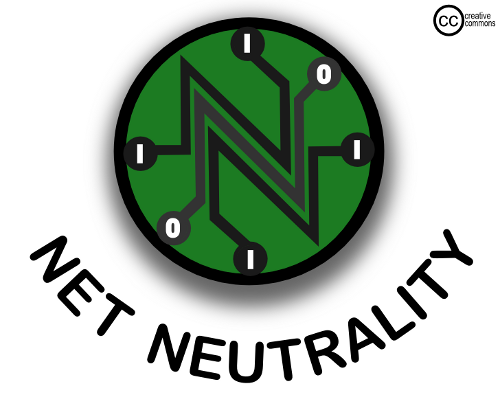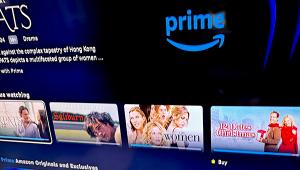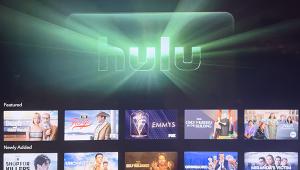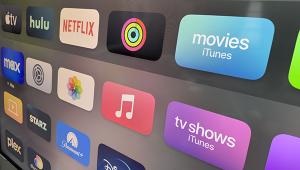Streaming Is Safe for Now Thanks to Net Neutrality Ruling

The National Cable and Telecommunications Association (NCTA) is not happy with the decision and their propaganda machine is already in motion. On the NCTA website, the group claims the reclassification will result in rising costs and therefore higher prices to consumers and will squelch investment and innovation.
While doubtful that the reclassification will have the ill effects touted by the NCTA, what is certain is that consumers will have a government entity to which they can complain about foul practices of their Internet provider.
FCC Chairman Thomas Wheeler said he plans to take a new approach to broadband rules and regulations and promised that ISPs won’t be subject to rate regulation and tariffs and other rules that apply to traditional telecom (cable TV) companies.
“Let’s be real clear, this is no more regulating the Internet than the First Amendment regulates free speech in our country,” Wheeler explained at the Mobile World Congress in Barcelona as reported by PCMag.com.
"We are for an open Internet," Wheeler said of the FCC. "That is not the regulation of the Internet, but rules that say no government or company can block the people's ability to use the Web.”
The FCC’s press release of February 26, 2015 describes specific, new “bright line rules” which are:
- No Blocking: Broadband providers may not block access to legal content, applications, services, or non-harmful devices.
- No Throttling: Broadband providers may not impair or degrade lawful Internet traffic on the basis of content, applications, services, or non-harmful devices.
- No Paid Prioritization: Broadband providers may not favor some lawful Internet traffic over other lawful traffic in exchange for consideration of any kind—in other words, no “fast lanes.” This rule also bans ISPs from prioritizing content and services of their affiliates.
The bright-line rules against blocking and throttling will prohibit harmful practices that target specific applications or classes of applications.
The rules will also insure greater transparency requiring ISPs to disclose in a consistent format, promotional rates, fees and surcharges, and data caps. In other words, ISPs will have to explain in plain English different pricing plans and notify you in advance of any data caps.
How will the Internet be different now that the FCC will watch over internet providers? It won’t be different. That’s the point. We can continue to enjoy streaming services without hindrance or being required to pay more for them. We will be able to freely go to the websites of our choosing. And, we won’t have to pay more to our ISP for 4K streaming from Netflix.
Victor Pickard, Assistant Professor at University of Pennsylvania’s Annenberg School of Communication warns that the public will need to keep the pressure on the FCC in the future.
“The battle continues," he said. "The history of media reform tells us that if we ignore core systemic problems like the power of monopolies and the lack of structural diversity, important protections like net neutrality can be short-lived. Anti-net neutrality forces will no doubt try to chip away at it once public attention wanes. This calls for continued vigilance; we cannot declare victory and tune out. Structural alternatives to the Internet monopolies are still needed. The battle for Internet freedom has only just begun.”
Check out the rest of his thoughtful article How the Internet was Saved.
For more information, see the FCC’s full press release .





























































